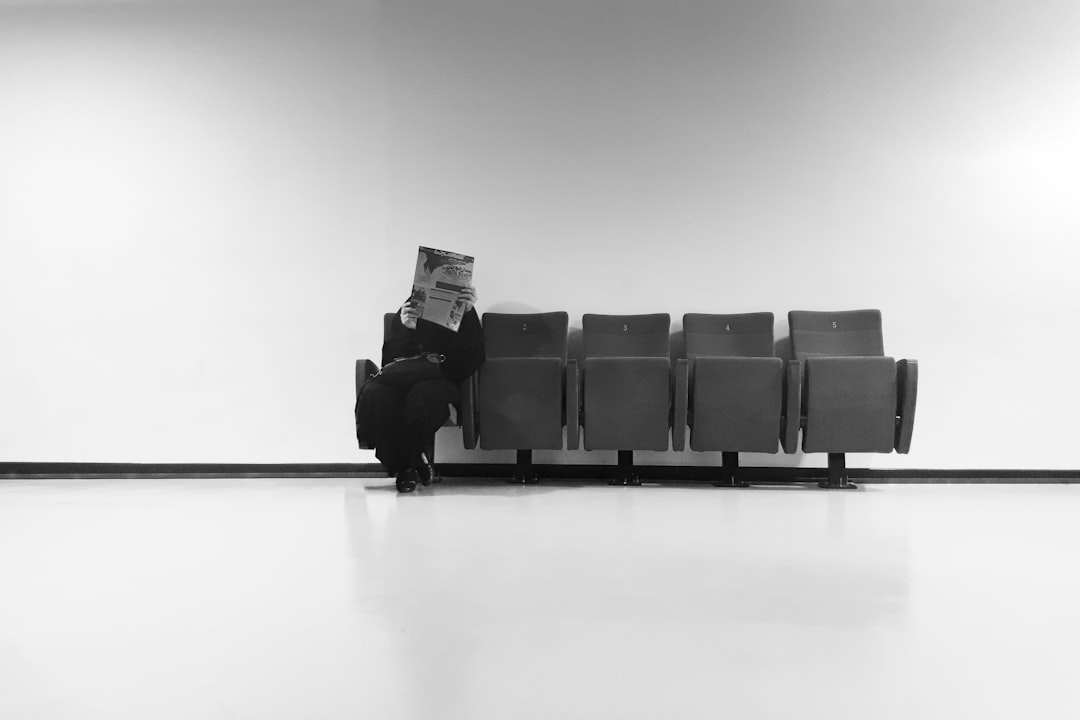Trump
Trump Unleashes Federal Force on DC, Demands Shocking Change: Should 14-Year-Olds Be Tried as Adults?

Washington D.C. is on edge. With the significant presence of federal law enforcement and National Guard troops on its streets, the nation's capital has become the epicenter of a fierce debate on crime, and former President Donald Trump is leading the charge with a controversial new target: the city’s teens.
In a dramatic escalation of his tough-on-crime rhetoric, Trump is now calling for Washington D.C. to completely overhaul its juvenile justice system. His proposed solution is as simple as it is shocking: begin prosecuting offenders as young as 14 years old as adults. This demand follows a high-profile assault on a 19-year-old former staffer, allegedly by a group of teenagers, which has amplified concerns about youth violence in the city.
Trump has squarely blamed what he describes as a weak and ineffective system on decades of Democratic leadership in the district. He argues that the current laws allow violent young offenders to evade serious consequences, creating a cycle of lawlessness. In his view, the city is failing to protect its citizens from brazen attacks by what he calls “local ‘youths’ and gang members, some only 14, 15, and 16-years-old.”
The debate is fueled by alarming, though complex, crime statistics. While overall youth arrests declined after a post-pandemic peak in 2023, recent data from the D.C. Metropolitan Police paints a troubling picture. The first half of this year has seen the highest rate of juvenile arrests for that specific time frame since 2019, suggesting a significant and worrying resurgence in youth-related crime.
The deployment of federal forces serves as a powerful visual backdrop to this political showdown. It's a clear display of force aimed at pressuring local officials to adopt a more aggressive approach. As the debate rages, Washington D.C. finds itself at a crossroads, caught between federal demands for harsher penalties and its own long-standing policies on juvenile justice. The outcome of this clash could redefine how the city—and perhaps the nation—deals with its most troubled youth for years to come.